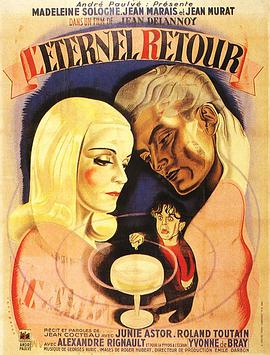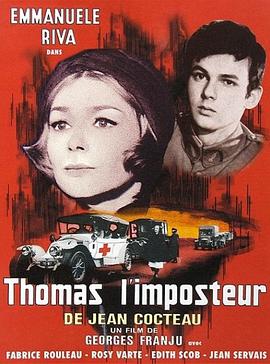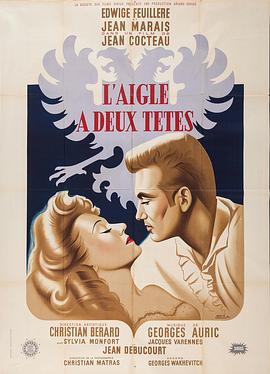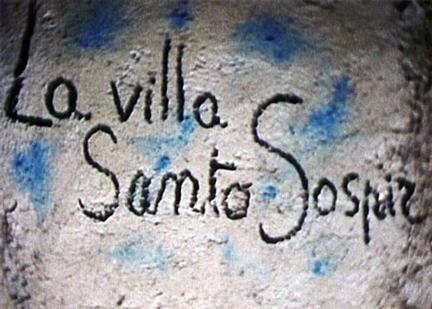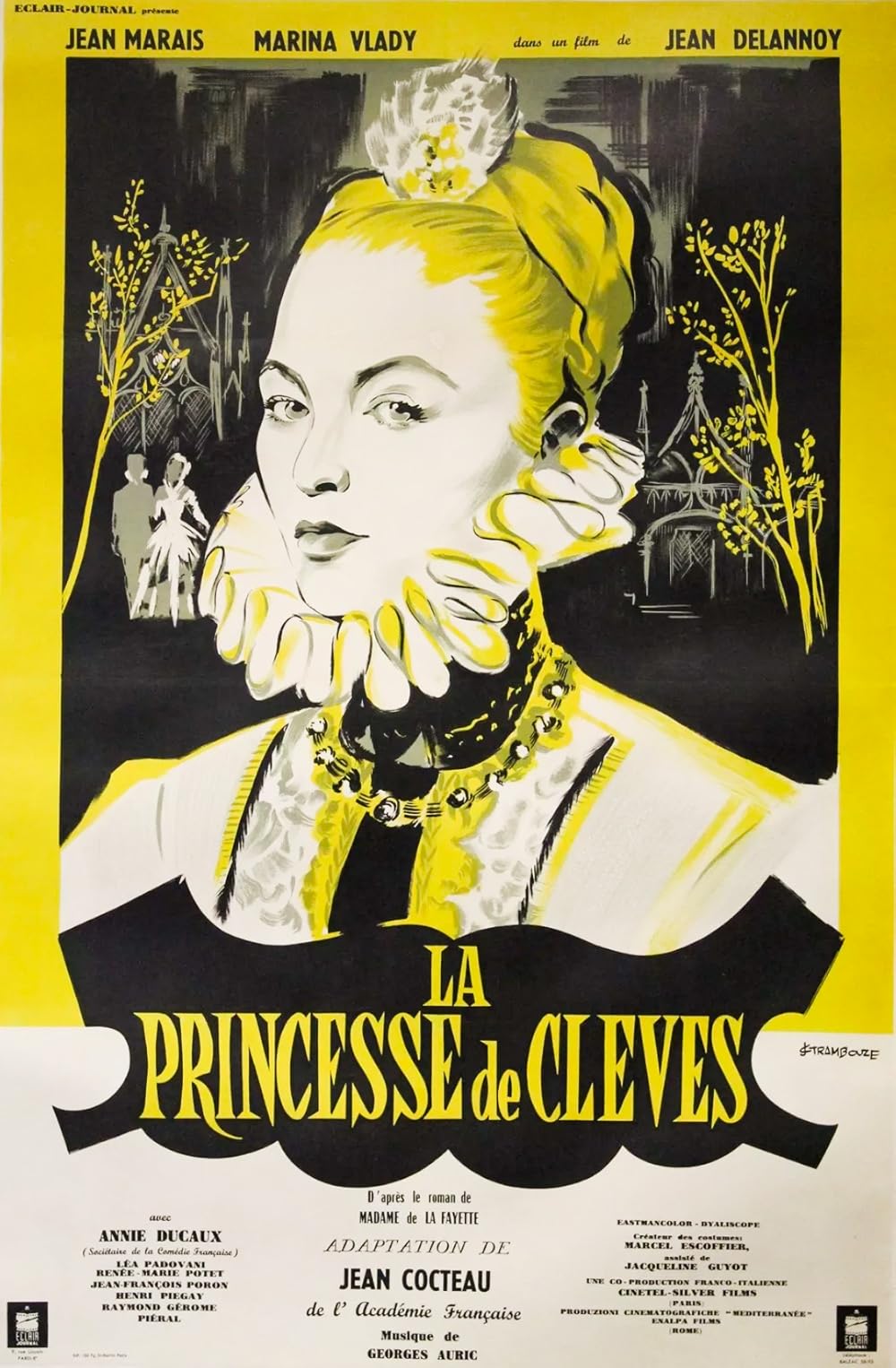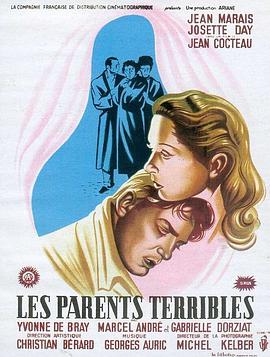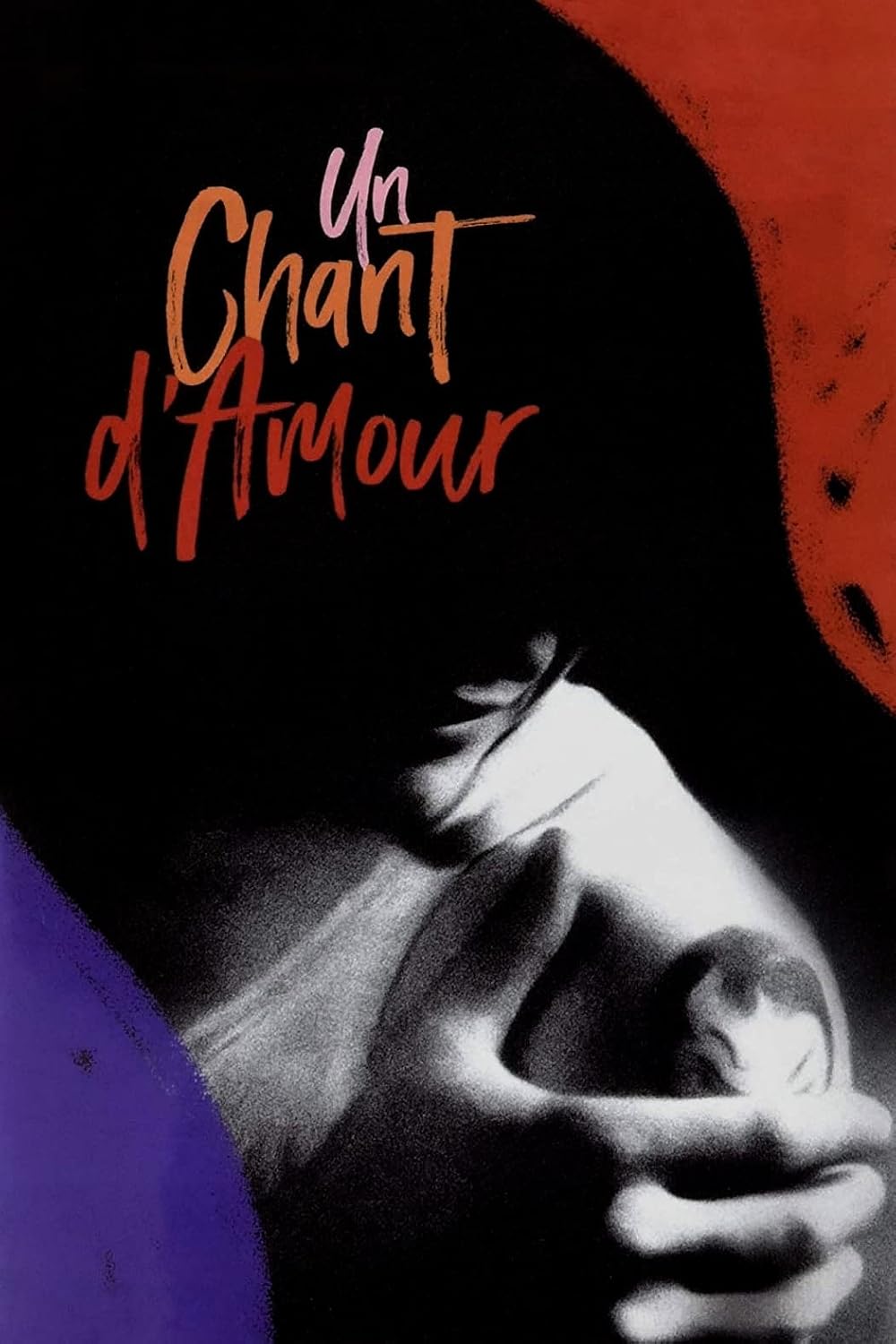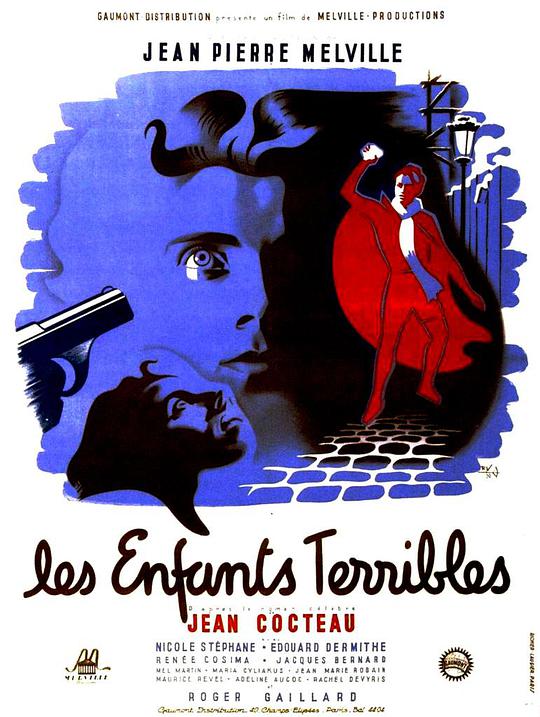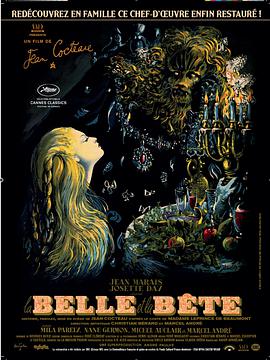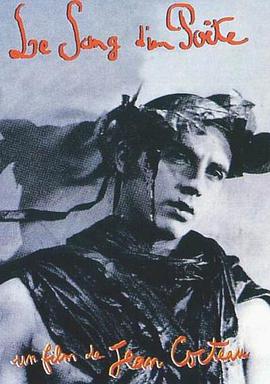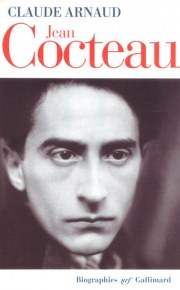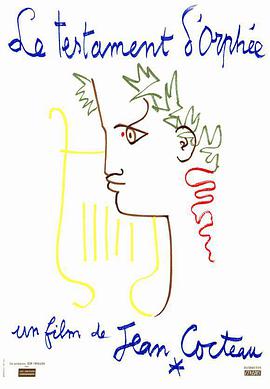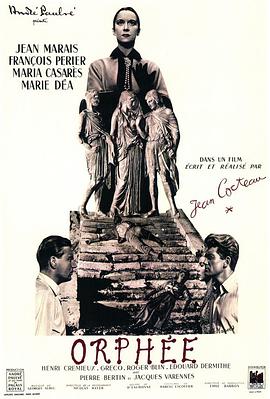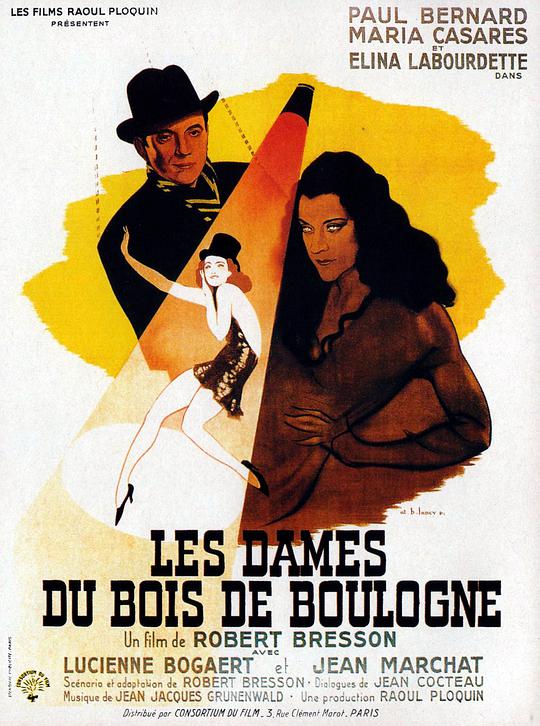JeanCocteau
双头鹰之死 (1948) 豆瓣
L'aigle à deux têtes
7.9 (10 个评分)
导演:
让·科克托
演员:
艾薇琪·弗伊勒
/
西尔维亚·蒙福尔
…
其它标题:
L'aigle à deux têtes
/
双头鹰
…
故事发生在十九世纪的法国,皇后娜塔莎(艾薇琪·弗伊勒 Edwige Feuillère 饰)虽然拥有着美艳的外表,却终日佩戴着黑色面纱,永远生活在郁郁寡欢之中。她的丈夫在十年前遇刺身亡,这场悲剧如同乌云一般,即使在十年后的今天依然萦绕在娜塔莎的周围久久无法散去。
在一场舞会中,娜塔莎邂逅了诗人斯丹尼斯拉斯(让·马莱 Jean Marais 饰),让娜塔莎内心悸动的,是斯丹尼斯拉斯和亡夫分外相似的样貌。实际上,斯丹尼斯拉斯是一名无政府主义者,参加舞会的目的只有一个,那就是刺杀皇后,但娜塔莎并没有感到害怕,反而收留了这个男人,渐渐地,本该水火不容的两人之间产生了微妙的感情。
在一场舞会中,娜塔莎邂逅了诗人斯丹尼斯拉斯(让·马莱 Jean Marais 饰),让娜塔莎内心悸动的,是斯丹尼斯拉斯和亡夫分外相似的样貌。实际上,斯丹尼斯拉斯是一名无政府主义者,参加舞会的目的只有一个,那就是刺杀皇后,但娜塔莎并没有感到害怕,反而收留了这个男人,渐渐地,本该水火不容的两人之间产生了微妙的感情。
克莱芙王妃 (1961) 豆瓣
La princesse de Clèves
导演:
让·德拉努瓦
演员:
玛丽那·维拉迪
/
让·马雷
…
其它标题:
La princesse de Clèves
/
Princessa Klevskaya
故事发生于16世纪中叶的法国凡尔赛宫,克莱夫王妃(玛丽那·维拉迪 Marina Vlady 饰)拥有惊为天人的外貌,令克莱夫亲王(让·马莱 Jean Marais 饰)神魂颠倒,最终,亲王终于娶了王妃为妻,然而,王妃对于亲王只有敬重并无爱情,两人整日里相敬如宾,这让亲王感到非常的痛苦。
一天,在一场盛大的舞会上,克莱夫王妃邂逅了名为内缪尔(Jean-François Poron 饰)的英俊公爵,在内缪尔的身上,王妃第一次体会到了爱情的甘甜。当亲王意识到了王妃的不忠之后,他怒火攻心竟然一命呜呼,这让善良的王妃十分的内疚。虽然之后内缪尔向王妃求婚,但是为了赎罪,王妃忍痛拒绝。
一天,在一场盛大的舞会上,克莱夫王妃邂逅了名为内缪尔(Jean-François Poron 饰)的英俊公爵,在内缪尔的身上,王妃第一次体会到了爱情的甘甜。当亲王意识到了王妃的不忠之后,他怒火攻心竟然一命呜呼,这让善良的王妃十分的内疚。虽然之后内缪尔向王妃求婚,但是为了赎罪,王妃忍痛拒绝。
可怕的父母 (1948) 豆瓣
Les Parents Terribles
8.0 (7 个评分)
导演:
让·科克托
演员:
朱赛特·黛
/
让·马雷
…
其它标题:
Les Parents Terribles
/
The Storm Within
…
让·考克多1948年作品。这部心理悲喜剧是一部室内剧,只有两个场景,没有外景,镜头非常静态,用大量特写来反映人物的内心世界以及家庭中各种复杂关系的微妙之处影片描写儿子的恋母情结以及父子之间的相互嫉妒。很多人推举此片为考克多最优秀的作品。。最值得称道的是空间封闭压抑感的营造以及女主角炉火纯青的表演。1953年英国重拍成《亲密关系》(Intimate Relations)。
情歌恋曲 (1950) 豆瓣 维基数据 IMDb TMDB
Un chant d'amour
8.3 (25 个评分)
导演:
让·热内
演员:
Bravo
/
让·热内
…
其它标题:
Un chant d'amour
/
情歌爱曲
…
Two prisoners in complete isolation, separated by the thick brick walls, and desperately in need of human contact, devise a most unusual kind of communication.
故事讲两个监狱犯人,处于完全禁闭状态,但通过非常奇特的手法互相沟通。
本片的导演系著名同性恋作家,影片表现了人类交流的欲望,带有较赤裸裸的同性爱画面。摄影非常出色,有一点尚·考克多作品的意味。
故事讲两个监狱犯人,处于完全禁闭状态,但通过非常奇特的手法互相沟通。
本片的导演系著名同性恋作家,影片表现了人类交流的欲望,带有较赤裸裸的同性爱画面。摄影非常出色,有一点尚·考克多作品的意味。
美女与野兽 (1946) 豆瓣 IMDb Min reol TMDB 维基数据
La belle et la bête
7.6 (70 个评分)
导演:
让·科克托
/
雷内·克莱芒
演员:
让·马雷
/
朱赛特·黛
…
其它标题:
미녀와 야수
/
La Belle et la Bête
…
一次旅途中,商人(Marcel André 饰)迷了路,误打误撞之下,他来到了一座富丽堂皇的城堡之中,在这里,一朵艳丽的玫瑰花吸引了商人的注意,而当他将花摘下的那一瞬间,一只形状可怖的野兽(让·马莱 Jean Marais 饰)出现在了他的面前。为了惩罚商人的贪婪,野兽要夺走他的性命,但作为选择,商人亦可以拿自己的女儿的性命作为交换。回到家后,商人将这一切告诉了自己的三个女儿,只有小女儿贝拉(朱赛特·黛 Josette Day 饰)愿意做出牺牲。贝拉来到了野兽的城堡,可是野兽非但没有伤害她,反而带她十分周到。时间流逝,商人生了病,贝拉请求野兽放她归家探望父亲,贝拉的两个姐姐看到贝拉衣着华美,遂动起了邪念。从魔镜之中,贝拉得知了野兽病重的消息,她赶到了野兽身边,用自己的爱化解了野兽身上的诅咒。野兽变回了英俊的王子,他迎娶了贝拉,两人过上了幸福的生活
诗人之血 (1932) IMDb TMDB 维基数据 豆瓣
Le Sang d'un Poète
8.0 (116 个评分)
导演:
让·科克托
演员:
恩里克·里韦罗斯
/
伊丽莎白·李·米勒
…
其它标题:
Le Sang d'un Poète
/
The Blood of a Poet
…
《诗人之血》,是法国人考克多纵横于诗、小说、戏曲、绘画等创作世界后,作为走向电影世界的第一作,也是当时盛行的先锋派电影(avant-grade film)代表之作。披着假面具的考克多和写着 “诗全部都是纹章,所以,有必要读解诗人的血和眼泪。” 的字幕出现在观众面前,全篇洋溢 着主人公那异想天开、荒谬无规的世界,考克多的要素(个人的体验、私人的神话世界),通过把电影技巧融合在自己的 “死与再生” 的独特观念来展现出一个形象化的故事,影像的时间在影片的开始和结尾的瞬间得到了意义上的统一。电影对于考克多来说,就像是能够实现 “不死鸟术” 的魔法媒介,他的第一部作品已经形成了有别于其它表现方式的,衍生于边缘生命的理念,同时也体现出他对 “艺术家死而复生” 的命题作终生的反复追求。
让·谷克多致辞2000年 (1962) 豆瓣
Jean Cocteau s'adresse... à l'an 2000
导演:
让·科克托
演员:
让·科克托
其它标题:
Jean Cocteau s'adresse... à l'an 2000
This is not the end of the Cocteau story, of course, for as we have constantly witnessed, he is always oriented towards the future due to his undimmed faith in the creative act, and none more so than in the medium of film. Indeed, he was even more advanced in his preparations for death and the after-life of his work than originally thought.
Just a couple of months before his death, in August 1963, he made one last film: a 25-minute short entitled Jean Cocteau s’adresse à l’an 2000 (Cocteau addresses the year 2000). The film comprises one still and highly sober shot of Cocteau facing the camera head-on to address the youth of the future. Once recorded, this spoken message for the 21st century was wrapped up, sealed and posted on the understanding that it would be opened only in the year 2000 (as it turned out, it was discovered and exhumed a few years shy of that date). If in The Testament Cocteau portrays himself as a living anachronism, a lonesome classical modernist loitering in space-time in the same buckskin jacket and tie while lost in the spectral light of his memories, here he acknowledges explicitly the irony of his phantom-like state: by the time the viewer sees this image, he, J. C., our saviour Poet, will long be dead.
Temporality is typically skewed: speaking from both 1963 and 2000 Cocteau is at once nostalgic for the present that will have passed and prophetic about the future. There is thus both a documentary aspect and projective thrust to the film, another new configuration of ‘superior realism’ and fantasy enhanced by Cocteau’s seamless performance as himself and his now ‘immortal’ status as a member of the Académie Française. He reiterates some of his long-standing artistic themes and principles: death is a form of life; poetry is beyond time and a kind of superior mathematics; we are all a procession of others who inhabit us; errors are the true expression of an individual, and so on. The tone is at once speculative and uncompromising, as when Cocteau pours vitriolic scorn on the many awards bestowed upon him, which he calls ‘transcendent punishments’. He also revels in the fact that he can say now what he likes with absolute freedom and impunity since he will not be around to suffer the consequences.
The status of Jean Cocteau s’adresse à l’an 2000 remains ultimately unclear. Is it a new testament or confession, or a heroic demonstration of the need for human endurance, or a pure ‘farce of anti-gravitation’ as he puts it? Or everything at once? It is entirely characteristic of Cocteau to leave us hanging on this suspended paradox. What is certain, however, and what we have consistently seen, is that Cocteau’s life and body are his work, and his work in turn is always mysteriously alive. This is Cocteau’s final gift to his fellow human beings. Let us retain and celebrate the force of that gesture. He is resurrected before our eyes, ever-present, defiant and joyfully queer.
Jean Cocteau is dead, long live Cocteau!
(James S. Williams)
Just a couple of months before his death, in August 1963, he made one last film: a 25-minute short entitled Jean Cocteau s’adresse à l’an 2000 (Cocteau addresses the year 2000). The film comprises one still and highly sober shot of Cocteau facing the camera head-on to address the youth of the future. Once recorded, this spoken message for the 21st century was wrapped up, sealed and posted on the understanding that it would be opened only in the year 2000 (as it turned out, it was discovered and exhumed a few years shy of that date). If in The Testament Cocteau portrays himself as a living anachronism, a lonesome classical modernist loitering in space-time in the same buckskin jacket and tie while lost in the spectral light of his memories, here he acknowledges explicitly the irony of his phantom-like state: by the time the viewer sees this image, he, J. C., our saviour Poet, will long be dead.
Temporality is typically skewed: speaking from both 1963 and 2000 Cocteau is at once nostalgic for the present that will have passed and prophetic about the future. There is thus both a documentary aspect and projective thrust to the film, another new configuration of ‘superior realism’ and fantasy enhanced by Cocteau’s seamless performance as himself and his now ‘immortal’ status as a member of the Académie Française. He reiterates some of his long-standing artistic themes and principles: death is a form of life; poetry is beyond time and a kind of superior mathematics; we are all a procession of others who inhabit us; errors are the true expression of an individual, and so on. The tone is at once speculative and uncompromising, as when Cocteau pours vitriolic scorn on the many awards bestowed upon him, which he calls ‘transcendent punishments’. He also revels in the fact that he can say now what he likes with absolute freedom and impunity since he will not be around to suffer the consequences.
The status of Jean Cocteau s’adresse à l’an 2000 remains ultimately unclear. Is it a new testament or confession, or a heroic demonstration of the need for human endurance, or a pure ‘farce of anti-gravitation’ as he puts it? Or everything at once? It is entirely characteristic of Cocteau to leave us hanging on this suspended paradox. What is certain, however, and what we have consistently seen, is that Cocteau’s life and body are his work, and his work in turn is always mysteriously alive. This is Cocteau’s final gift to his fellow human beings. Let us retain and celebrate the force of that gesture. He is resurrected before our eyes, ever-present, defiant and joyfully queer.
Jean Cocteau is dead, long live Cocteau!
(James S. Williams)
Jean Cocteau 豆瓣
作者:
Claude Arnaud
Gallimard
2003
为纪念科克托,法国出版了不少有关科克托的图书,其中比较重要的是克罗德·阿尔诺 (Claude Arnaud)的传记《让·科克托》( Jean Cocteau,伽里玛出版社,864页),它被《读书》杂志评为当年20种最佳图书之一。这本传记抓住了科克托作为一个人和一个不断探索的艺术家的特点,揭示了他的心路历程、创作热情、生存困难。
传记题作《不仅讨厌,简直可恶,鲜有人读,不被理解的诗人》 (Pire qu’un maudit, il est un peu-lu et un mal-per?u)。
传记题作《不仅讨厌,简直可恶,鲜有人读,不被理解的诗人》 (Pire qu’un maudit, il est un peu-lu et un mal-per?u)。
奥菲斯的遗嘱 (1960) 豆瓣 维基数据 IMDb TMDB
Le testament d'Orphée, ou ne me demandez pas pourquoi!
8.4 (41 个评分)
导演:
让·科克托
演员:
让·科克托
其它标题:
Le testament d'Orphée, ou ne me demandez pas pourquoi!
/
奥菲的遗言(台)
…
剧情梗概:一位18世纪的诗人通过时间隧道到了一个神秘的地方,他遇到了许多让他死亡又让他重生的事物。可是他还是必须面对死亡的洗礼,他还有什么心愿未了吗?
考克多的银幕绝唱,可视为他私人日记的公开,展现了艺术家、艺术创作以及艺术梦想之间的互相作用,是他向电影艺术的道别。一位18世纪的诗人通过时间隧道到了一个神秘的地方,他遇到了许多让他死亡又让他重生的事物。可是他还是必须面对死亡的洗礼,他还有什么心愿未了吗?
考克多的银幕绝唱,可视为他私人日记的公开,展现了艺术家、艺术创作以及艺术梦想之间的互相作用,是他向电影艺术的道别。一位18世纪的诗人通过时间隧道到了一个神秘的地方,他遇到了许多让他死亡又让他重生的事物。可是他还是必须面对死亡的洗礼,他还有什么心愿未了吗?
奥菲斯 (1950) TMDB IMDb 维基数据 豆瓣
Orphée
8.4 (53 个评分)
导演:
让·科克托
演员:
让·马雷
/
弗朗索瓦·佩里埃
…
其它标题:
Orphée
/
奥菲斯三部曲之二:奥菲斯
…
剧情梗概:奥菲斯是一名成功的诗人,有一次看到咖啡馆外另一名英俊诗人被车撞死。一位神秘公主向他示范如何让撞死的诗人死而复活,后来又让自己的司机送他回家。奥菲斯回家后全然不顾周围的事情,连妻子被杀也惘顾,一心从收音机接收神秘信息,并潜心创作诗歌。司机怀疑是公主觊觎奥菲斯才杀害他妻子,于是他跟奥菲斯一起穿越镜子,到另一个世界寻找公主和他妻子。本片中死亡的形象(即公主)跟《第七封印》齐名,里面融入了纳粹的元素。
